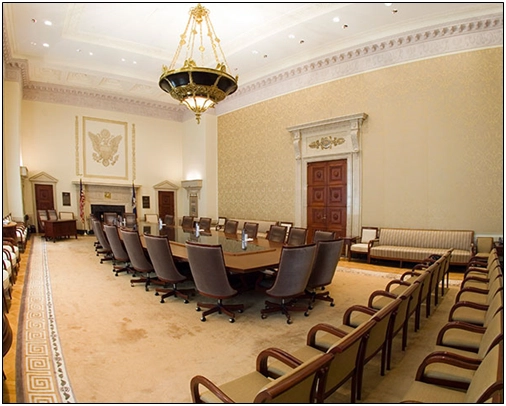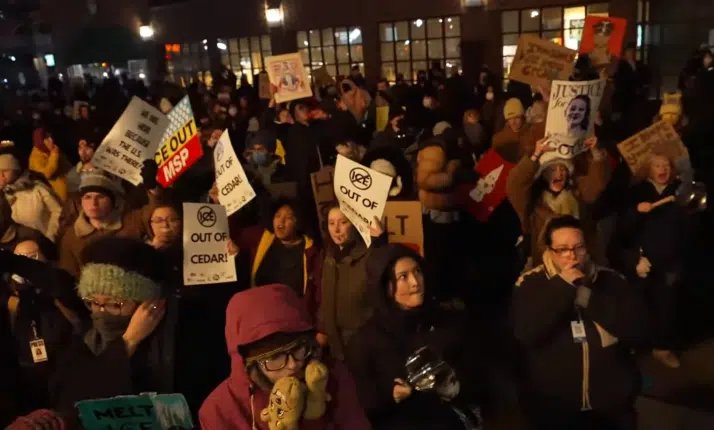The Paris bomber previously identified as a Syrian war refugee may have been carrying a fraudulent passport, the Wall Street Journal has reported.
And, this is somehow supposed to refute or discredit the case made by Republican governors against resettling any refugees from the Syrian war, writes the Daily Beast’s Michael Weiss and Justin Miller.
“[T]he governors’ freakout over refugees was based, at least in part, on a lie,” Weiss and Miller contended.
There’s only one problem. If anything, the Wall Street Journal report emphatically makes the case for caution when it comes to integrating refugees from the Syrian war into Western nations.
Specifically, the Journal’s report by Marcus Walker and Noemie Bisserbe, which the Beast explicitly referred to, states, “Whoever the man was, he posed as one of the many refugees fleeing Syria’s war — including the violence of Islamic State — to enter Europe through its lightly controlled frontier in the Aegean Sea.”
In other words, it may have been a fake passport, but the terrorists, regardless of where they really come from, are masquerading as refugees and sneaking in as faces in the crowd. The enemy is openly exploiting the refugee crisis to infiltrate the West — by design.
That proves the case. Talk about spin.
Nobody is really arguing that refugees legitimately fleeing the war are the threat per se, just that there is apparently no safe way to tell them apart from the Fifth Columnists who are sneaking in, as evidenced by the Paris attacks.
So, countries that take in the refugees — currently the Obama administration has stated a desire to take in as many as 10,000 in the next year — must also accept the possibility that Islamist extremists will be hiding in the mix with the intent to perpetuate attacks.
Why take the risk?
In the least, it argues against integrating the refugees into our society, since the security situation is still so uncertain. How do you tell the real refugees from the killers when the killers are making every effort to disguise themselves by, for example, falsifying passports? Isn’t that the problem?
With that in mind, Congress might consider defunding the refugee program in the upcoming omnibus legislation, or simply prohibit the refugees from integrating into U.S. society whatsoever — call it a quarantine — by requiring they be put in refugee camps manned by the military or National Guard and not allowed to resettle.
Similarly, states could refuse to cooperate with the refugee program and file suits against it and, failing that, only resettle those the feds forces on them by setting up their own refugee camps manned by the National Guard.
And then when the war is over, they go back home.
That is, if there is no other local alternative for the refugees, such as countries adjacent to Syria and Iraq where the war actually is taking place, and where the language and culture are much more similar than our own. Why are we even a destination at all? Aren’t we as big a target for attacks as any nation in the West?
The fact we are even having this discussion may just be evidence that we have an administration that blindly embraces political correctness in place of a military strategy that would confront our enemies where they live.
There might not even be a refugee crisis if the Obama administration had not been so intent on creating a power vacuum by vacating Iraq prematurely in the first place.
But leaving that history aside, state governors are right, in light of the attacks in Paris and the University of Kenya, to take exception to blindly integrating these refugees into the U.S.
While we’re at it, Congress might also want to take a peek at current immigration levels from that part of the world. If there is an active effort to infiltrate the West afoot to perpetuate attacks, the surest way to stop it dead in its tracks right now would be to force the White House to issue a general travel ban under 8 U.S.C. 1182(f), a federal statute that gives the President broad authority to issue travel restrictions.
Here’s the thing. Politically, all it might take is another attack in the U.S. (or somewhere else, for that matter), either from a refugee, one with a legal visa — the 9/11 hijackers were on legal visas — or travelling illegally, and the case for travel restrictions will almost make itself.
Unless the attacker was a natural-born citizen who converts to radical Islam, a separate problem all on its own, there is no escaping the obvious truth: Those traveling from that part of the world have the highest likelihood of perpetuating these types of attacks.
And then we must also consider the possibility that integration and more critically, true assimilation, of this class of immigrants may simply not be possible while this war is still ongoing. So, travel restrictions may be what to do in the interim. After the war, depending on its outcome, the issue can be revisited.
In the meantime, the U.S. might do everything in its power to ensure that more moderate forces in the Islamic world are the ones who prevail in the war. Everyone will feel a whole lot better about the situation when Islamic State, al Qaeda and others are defeated on the battlefield.
For now, elected officials urging for integration right now while the shooting war continues are taking a real gamble that nothing bad will happen as a result of their risky policies. Time will tell which side was correct, but the people of Paris already know, don’t they?
Robert Romano is the senior editor of Americans for Limited Government.







